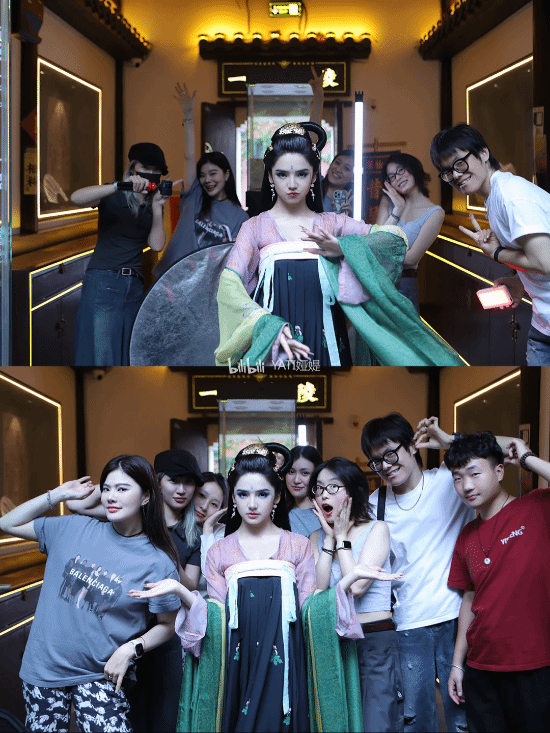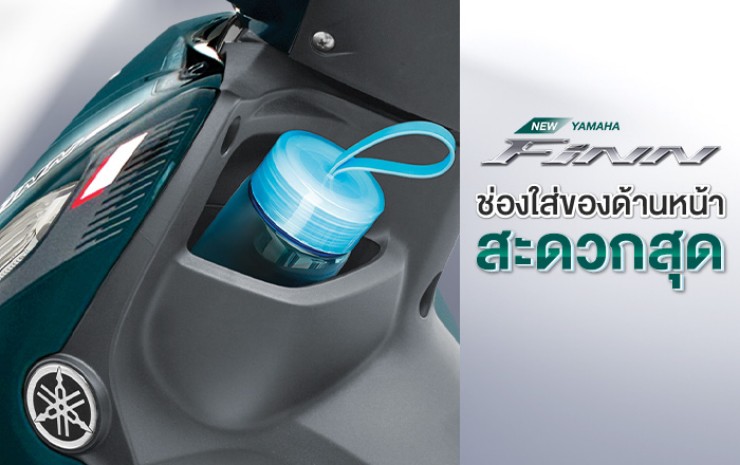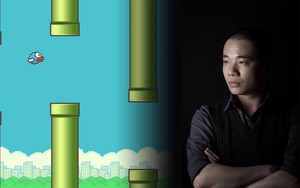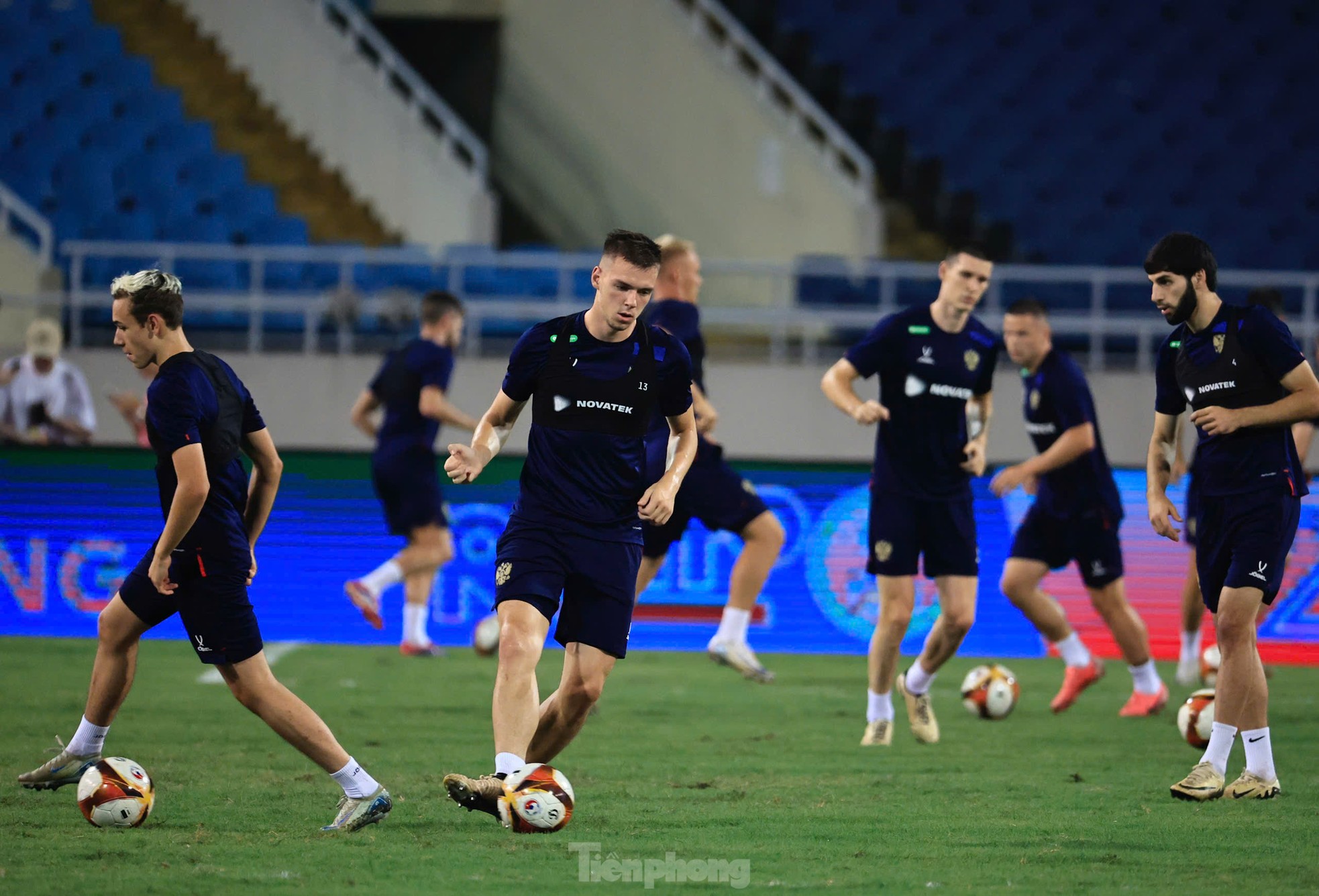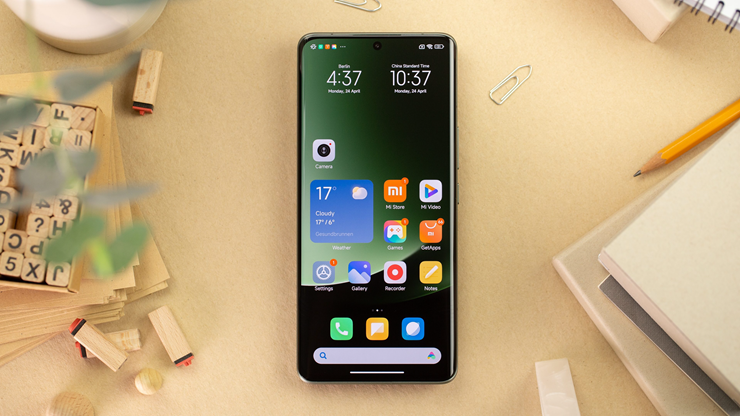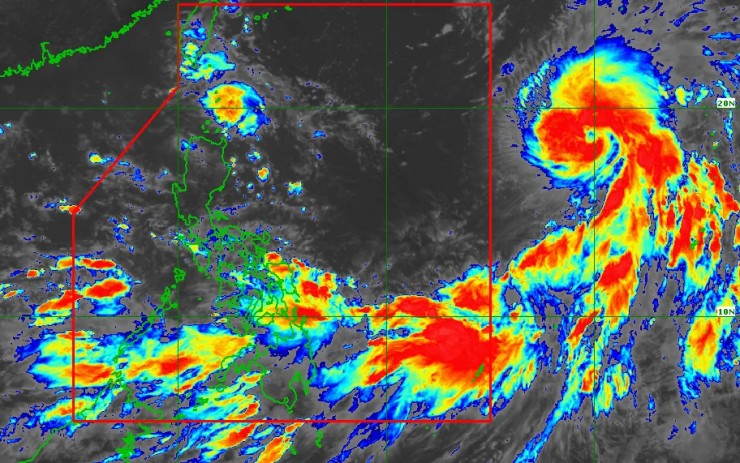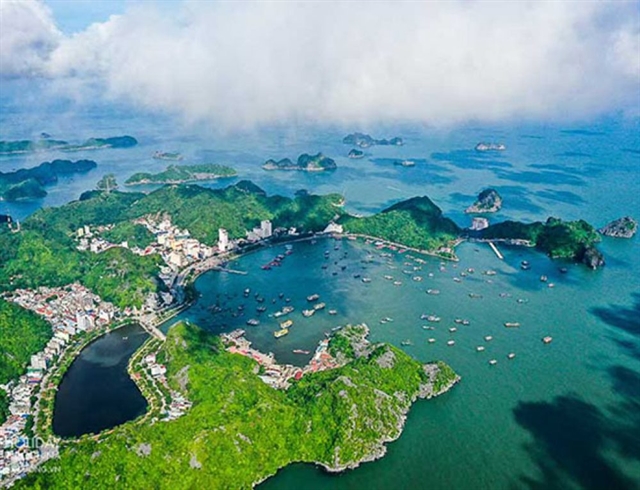▌Câu trả lời hay nhất
Thetỉ lệ kèo pháp vs hungary exhibition features calligraphic artwork inspired by famous poets and writers who wrote about Hanoi and the Temple of Literature.

The Ink Still Smells Freshcalligraphy exhibition opened at the Temple of Literature (Vietnam's first university) on August 31, showcasing modern Vietnamese calligraphy combined with the art of light installation.
Every letter, stroke, and ink mark is highlighted and made brighter by the light. The elegance of the pen and ink on each page is more visibly and instinctively felt and interacted with by the public. Together they create a space of light and words.
 |
| Curator and calligrapher Xuan Nhu (real name Vu Thanh Tung) speaks at the exhibition opening. Photos: Ngo Minh/The Hanoi Times |
The content of the calligraphy pieces is inspired by the works of poets and writers such as Nguyen Trai (1380-1442), Le Thanh Tong (1442-1497), Nguyen Binh Khiem (1491-1585), Nguyen Du (1766-1820), Ho Chi Minh (1890-1969) and many other famous people associated with or writing about Thang Long-Hanoi and the Temple of Literature.
The exhibition features 15 writers from all over the country. Each has a different profession, but they all share a love of Vietnamese calligraphy and a desire to spread this love of art to many people.
According to the curator, calligrapher Xuan Nhu (real name Vu Thanh Tung), the exhibition is organized with the desire to create a premise, a platform for exchange and cooperation among modern Quoc Ngu (Vietnamese Latin alphabet) calligraphers from all over the country, especially the young ones.
The exhibition aims at new creative thinking, new creative orientation, and neoclassical-semi-modern design, combining modern and traditional creative styles with contemporary organization and display techniques. It will serve as a model and higher standard for Quoc Ngu calligraphy exhibitions in the future.
According to Tung, the exhibition features calligraphic works that have both a traditional feel and a modern aesthetic, to raise awareness and guide the public to a more correct perception and evaluation of the role and value of Quoc Ngu calligraphy in the modern context.
The exhibition will last until September 25. During the exhibition, on September 14, the curators and authors will organize a discussion on "National Language Calligraphy in the Contemporary Context".
Below are some of the works in the exhibition:
 |
| The exhibition combines calligraphy, fine art, and installation art. |
 |
| A calligraphic work on the West Lake by artist Huynh Thi My Ly. |
 |
| The works are about Hanoi and the Temple of Literature. |
 |
| An artwork inspired by the streets of Hanoi by Nguyen Huu Phap. |

